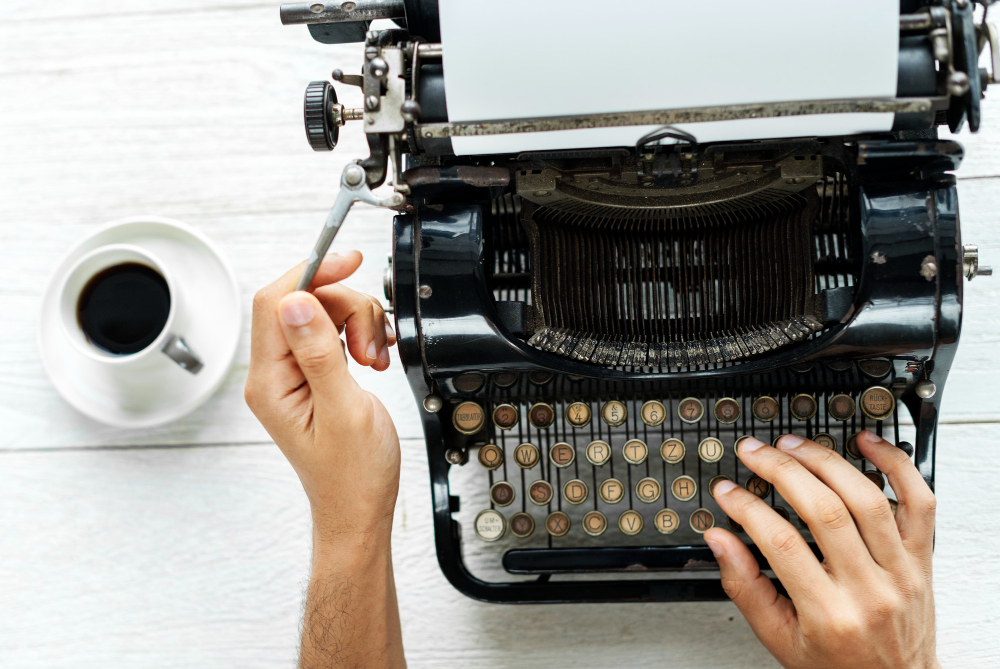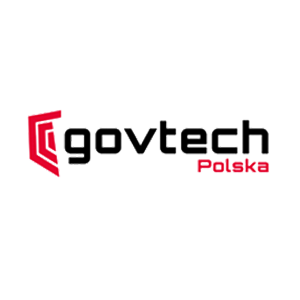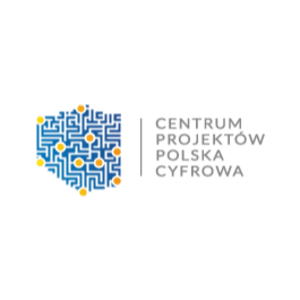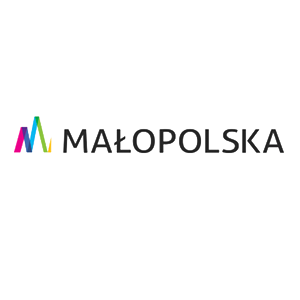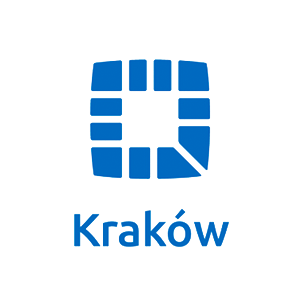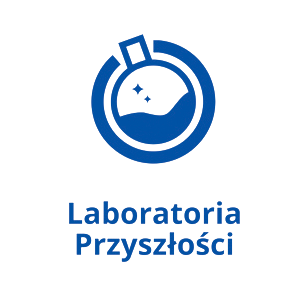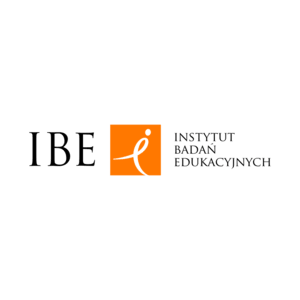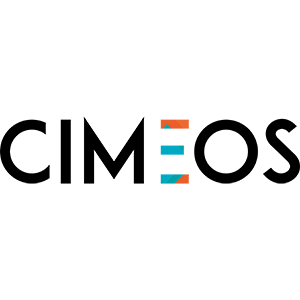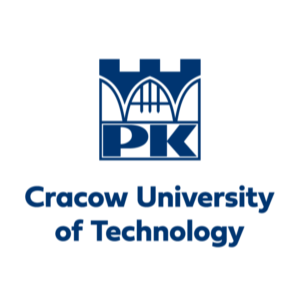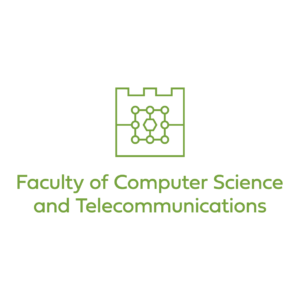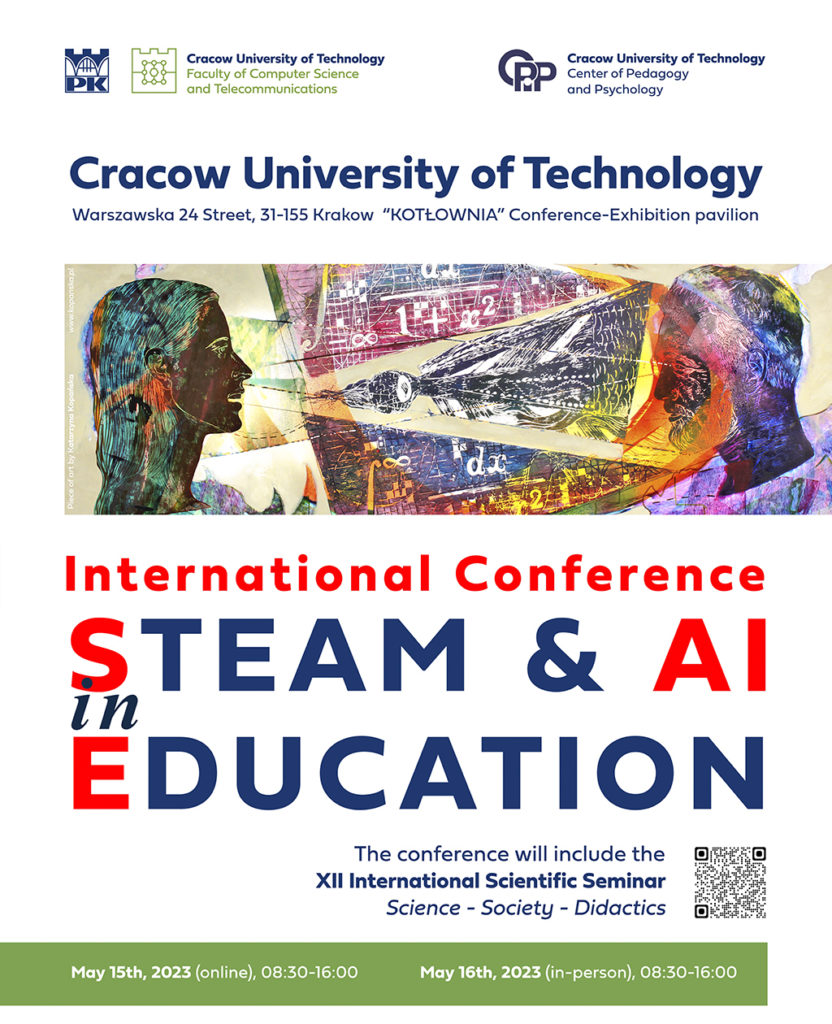
S U M M A R Y
The idea of the conference was to revisit, through both practical activities and theoretical reflections, the relationship between science (Science) and technology (Technology), engineering (Engineering), mathematics (Math) and art (Art) as a way of communicating scientific problems and their entanglements with contemporary cultural and technological dynamics in educational contexts. Artificial Intelligence (AI), which was, along with STEAM education, the theme of the conference, is currently a very active field of research, with many implications in other very diverse and sometimes unexpected fields of science and with a connection to education. It is not without reason that 2023 has been hailed as the year of artificial intelligence, and the conference has taken up this challenge.
The first day of the Conference, on 15 May 2023, was international, with papers delivered in English. We invited teachers of all educational levels and students who wanted to share their experiences in the field of science and technology education related to STEM education and its links to the arts in communicating science (STEAM), as well as reflections related to hopes and fears about the presence of AI in education. The meeting was held remotely on the day using the ZOOM app. The sessions were chaired by Dr Katarzyna Potyrata, Professor at PK (Centre for Pedagogy and Psychology at PK), with contributions from researchers from research centres in the UK and France – Professor John Oversby and Professor Daniel Raichvarg. Thematic sessions were chaired by Prof. Jan Gunčaga (Komenský University in Bratislava), Prof. Vladimir Mitiushev (Krakow University of Technology) and Dr Miroslawa Sajka (Pedagogical University).
On the second day of the Conference, 16 May 2023, sessions were conducted in Polish at the Krakow University of Technology, 24 Warszawska Street, in the conference and exhibition pavilion “Boiler House”. The sessions were chaired by Katarzyna Potyrała, PhD, Professor at PK (Centre for Pedagogy and Psychology at PK). The day also included a discussion, led by Daniel Grzonka, Ph.D., Deputy Dean of the Faculty of Computer Science and Telecommunications, on the presence of AI in education, and a workshop for fourth-grade students, organised by Natalia Ryłko, Ph.D. (Department of Applied Mathematics, PK). Students participating in the workshops were selected through a competition for primary schools, announced by the conference organisers.
The themes of the workshop were as follows:
- The “Knowledge Seekers” field game. – conducted by: Dr. Elżbieta Gajecka-Mirek, Dr. Beata Kocel-Cynk, Dr. Magdalena Grzech (Department of Applied Mathematics), Dr. Agnieszka Łapczuk (Faculty of Chemical Engineering and Technology), student government, students of Mathematics and Applied Mathematics, the Museum of the Krakow University of Technology, the Krakow University of Technology Library, educators of the “Mobile Laboratories of the Future”.
- The “Mathematical Kaleidoscope”. – conducted by Dr Mariusz Jużyniec, Department of Applied Mathematics.
- The integration game “Noah’s Ark” – led by Dr Natalia Ryłko, Department of Applied Mathematics.
- Robotics workshops – led by Marek Grzesik, Anna Wójcik – company “Kreatech”.
Workshops for teachers and students were also conducted in three groups (two STEAM workshops, led by Prof. Marlena Plebanska from the University of Warsaw, and one workshop on the principles of planning and organising social projects – led by Olga Kotyk, President of the Web-corners Foundation).
We recorded over 200 registered participants who attended both days of the conference. During the conference, 48 papers were delivered, in 8 sessions (1 plenary session, 4 thematic sessions, 3 parallel sessions), a discussion was held in-depth with ethical threads related to the use of AI. Events accompanying the conference included the exhibition ‘Mathematics in Lens’ and a tour of the Krakow University of Technology campus, organised by the staff of the PK Museum.
The event was held under the auspices of 10 major Patrons, including Govtech Poland, the Centre for Digital Poland Projects, Witold Kozłowski, Marshal of the Malopolska Region, Jacek Majchrowski, Mayor of the City of Kraków, Laboratories of the Future, the Institute of Educational Research in Warsaw, the CIMEOS Laboratory of the University of Burgundy in Dijon (France), Spot and KreaTech, and the artist Katarzyna Kopańska, who provided graphics free of charge to artistically visualise the conference.
The Conference website (saie.it.pk.edu.pl) was visited by representatives from 31 countries worldwide, with 1,630 hits recorded. Representatives of research centres from Austria, Algeria, Brazil, Czech Republic, France, Indonesia, Iran, Kazakhstan, Poland, Slovakia, Switzerland, Turkey, Hungary and the United Kingdom actively participated in the conference.
The conference opened up new opportunities to create positive relationships with scientists and teachers of different specialties together with the recognition of the possibilities and needs of schools at different educational stages in the field of STEAM education, to support the scientific development of young people, including active teachers, to further cooperation with the Faculty of Computer Science and Telecommunications and the Centre for Pedagogy and Psychology of the Krakow University of Technology, and showed space for further long-term cooperation of CPiP with other units of PK on further projects.
Technical support for the Conference was provided by CPiP staff: Małgorzata Rakoczy, Barbara Kwiatkowska and Tomasz Pułka.
I N V I T A T I O N
We invite academic staff, teachers, and students to participate in a conference dedicated to STEAM & AI, the combination of science, technology, engineering, art, and math in the creative Educational process.
Do you want to develop the skills of your students that will make them future scientists, explorers, designers, and makers? Are you wondering how to incorporate STEAM & AI into your teaching program? Our conference is an excellent opportunity to gain knowledge and experience from experts in STEAM & AI from France, the UK, the Czech Republic, Austria, Slovakia, and Poland.
During the conference, you will have the opportunity to listen to inspiring speeches and take part in practical workshops, learning about innovative approaches to teaching in the field of STEAM & AI. Regardless of your level of advancement, our conference offers something for everyone who is interested in developing skills in STEAM & AI.

Registration
Register today and meet people who share your passion for STEAM & AI!
Registration must be completed by May 10th, 2023.
Post-conference papers
Conference participants will have the opportunity to publish their article in scientific, indexed, and peer-reviewed journals:
